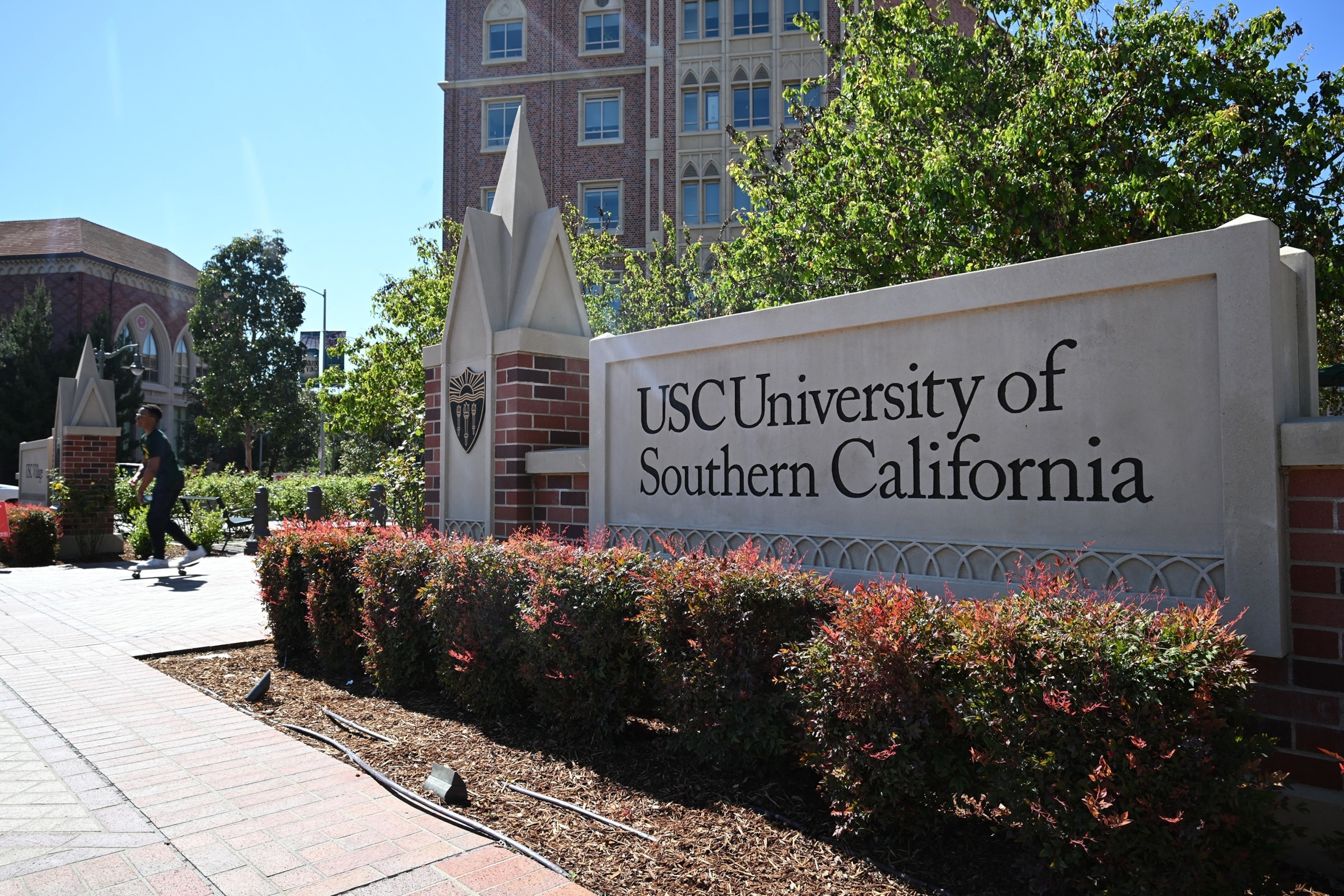California has become the fourth state to ban legacy admissions in the college application process, a practice that has long been criticized as favoring white or wealthy students based on their familial alumni connections.
“In California, everyone should be able to get ahead through merit, skill, and hard work,” Gov. Gavin Newsom said in a Monday statement. “The California Dream shouldn’t be accessible to just a lucky few, which is why we’re opening the door to higher education wide enough for everyone, fairly.”
The decision affects private and nonprofit universities. The University of California system eliminated legacy admission preferences in 1998, according to Newsom’s office.
Legacy admissions have come under heightened scrutiny following the Supreme Court’s decision to limit race-based affirmative action programs for colleges and universities in June 2023. California law had banned affirmative action in 1996.
“In light of this shift, proponents of AB 1780 advocated for admissions criteria that additionally ensure that factors like wealth or personal relationships do not unduly influence admissions decisions,” the governor’s office said in a statement.

California Governor Gavin Newsom reacts as he speaks to the members of the press in Atlanta, June 27, 2024.
Marco Bello/Reuters, FILE
The majority of Americans — 75% of those surveyed in a April 2022 Pew Research study — believe a student’s relationship to an alumni should not be a factor in admissions.
“AB 1780 aims to ensure that admissions decisions are based on merit rather than personal connections — reducing biases in the admissions process at private colleges in California,” the governor’s office said.
All private colleges and universities in California must now submit an annual report to ensure compliance.

Students are seen on campus at the University of Southern California (USC) in Los Angeles, April 16, 2024.
Robyn Beck/AFP via Getty Images
Research has shown that legacy applicants are admitted at higher rates, but are not more qualified or academically superior applicants. They are also a less racially diverse population.
The Massachusetts Institute of Technology and University of Colorado-Boulder analyzed 16 years of data from an unnamed elite university in a September 2022 study released in the journal American Sociological Review.
It found that 34.2% of legacy applicants were admitted, compared to 13.9% of non-legacy applicants — most of them white, and most of them wealthier than their counterparts. These students are from ZIP codes with higher mean incomes and are less likely to apply for financial aid with their application, the study said. They are also flagged by the school as having high donor potential.
An analysis from the Institute for Higher Education Policy in 2021 found that 53% of selective four-year colleges consider legacy status in their admissions decisions.
California joins Colorado, Maryland and Virginia in banning these practices, reinforcing bans that hundreds of colleges have already implemented.
California has taken a significant step towards promoting equality and meritocracy in higher education by prohibiting the use of legacy admissions in all public and private universities in the state. This move comes as part of a broader effort to address issues of equity and access in the college admissions process.
Legacy admissions, which give preferential treatment to applicants who have family members who attended the same institution, have long been a controversial practice in higher education. Critics argue that legacy admissions perpetuate privilege and perpetuate inequality by giving an unfair advantage to students from wealthy and well-connected families.
By banning legacy admissions, California is sending a clear message that merit should be the primary factor in college admissions decisions. This move is particularly significant in a state as diverse as California, where students from all backgrounds should have an equal opportunity to access higher education.
Proponents of the ban argue that legacy admissions have no place in a fair and transparent admissions process. They argue that students should be admitted based on their academic achievements, extracurricular activities, and personal qualities, rather than their family connections.
California’s decision to prohibit legacy admissions is part of a broader trend towards reforming the college admissions process. In recent years, there has been increased scrutiny of practices such as legacy admissions, standardized testing, and early decision programs, all of which can disadvantage students from underprivileged backgrounds.
While some may argue that legacy admissions are a harmless tradition that helps foster a sense of community and loyalty among alumni, the reality is that they can perpetuate inequality and limit opportunities for deserving students. By banning legacy admissions, California is taking a bold step towards creating a more equitable and inclusive higher education system.
Overall, California’s decision to prohibit legacy admissions is a positive development that will help level the playing field for all students seeking to pursue higher education. It is a step in the right direction towards creating a more fair and just society where opportunities are based on merit rather than privilege.



